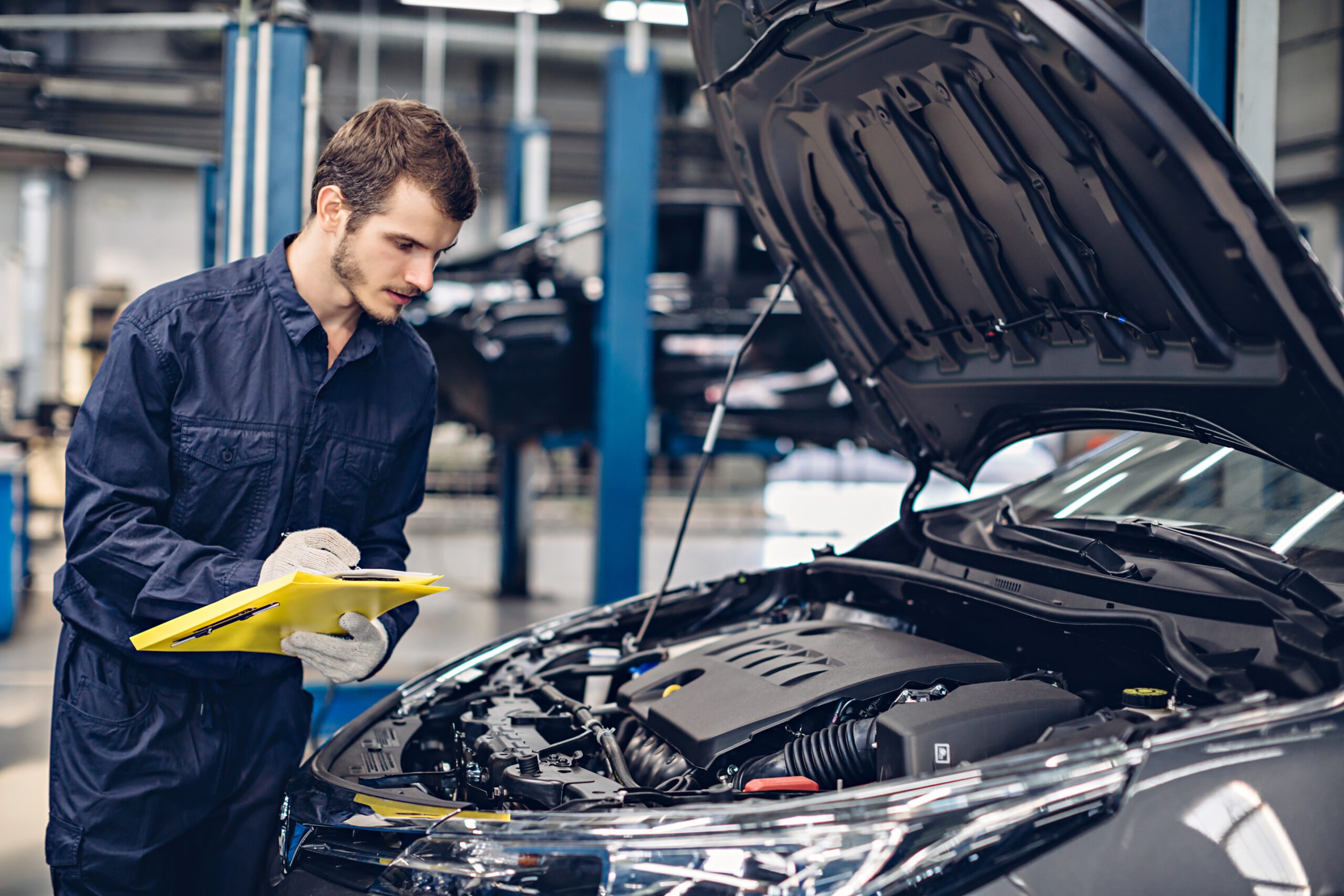Blog Information
- Posted By : Mechanics Christchurch
- Posted On : Jan 03, 2024
- Views : 127
- Category : Cars
- Description : As conscientious car owners, we inherently grasp the significance of regular maintenance and servicing to ensure our vehicles remain in peak condition. Among the essential elements of routine car care, the importance of an oil change stands paramount.
- Location : Christchurch, New Zealand
Overview
As conscientious car owners, we inherently grasp the significance of regular maintenance and servicing to ensure our vehicles remain in peak condition. Among the essential elements of routine car care, the importance of an oil change stands paramount. Regularly changing your car's oil can undeniably enhance overall performance and extend your vehicle's lifespan. Yet, the full realisation of these benefits relies not just on the maintenance itself but equally on the meticulous attention given to post-service care.
In the forthcoming discussion, we delve into invaluable post-service care tips—strategies aimed at extracting the utmost advantages from your recent car maintenance endeavour. Whether you've recently undergone an oil change Christchurch or comprehensive servicing, incorporating these post-service care practices is key to maximising your cherished automobile's longevity, efficiency, and performance. Let's explore the proactive steps you can take to ensure that your vehicle not only receives the necessary car servicing Christchurch but thrives in its post-service phase, ultimately delivering optimal results on the road.
1. Post-Service Care Tips
A. Regularly check fluids and oils
Checking the fluids and oils in your car is essential and an ongoing responsibility for maintaining your vehicle's efficiency and longevity. During your car's servicing, the mechanic thoroughly inspects and refills all crucial fluids, including brake fluid, power steering fluid, transmission fluid, and engine oil. Regularly checking these fluid levels between services is imperative to detect leaks or potential problems before they escalate. This regular maintenance practice should ideally be performed every month or before embarking on extended drives. Consulting your car's manual will guide you in accurately checking these fluid levels, ensuring they remain within the recommended range for optimal performance.
B. Drive carefully for the first few days after service
The post-service phase requires a delicate approach to driving your vehicle during the initial days. After servicing, the internal components, particularly the freshly replaced or refilled fluids like oil, need time to settle and circulate evenly throughout the engine. To facilitate this process, it's highly advisable to exercise caution while driving. Avoid sudden acceleration, hard braking, or maintaining high speeds during this break-in period. Additionally, refrain from carrying heavy loads or towing anything during this time. Practising careful driving habits ensures that all newly adjusted or replaced components in your vehicle settle effectively, significantly extending your car's overall lifespan and performance.
C. Keep an eye on warning signs.
Your car communicates potential issues through warning signs, and it's crucial to remain vigilant after servicing. Be attentive to any unusual smells, unfamiliar noises, or warning lights on the dashboard. These signs might indicate underlying problems that demand immediate attention. Neglecting or disregarding these signals could damage your car's internal components, potentially resulting in more costly repairs. Prioritising swift action by seeking a mechanic's expertise upon noticing any warning signs is critical to maintaining your car's health post-servicing.
D. Clean your car regularly
Maintaining a clean car isn't merely about aesthetics; it significantly contributes to sustaining its overall performance, especially after a car servicing Christchurch session. Oil or other fluid spills might occasionally occur on the car's exterior or within the engine bay during or after servicing. Promptly addressing these spills by cleaning them up prevents potential damage. Regularly cleaning your car also serves as an opportunity to inspect the vehicle thoroughly, identifying any unexpected scratches, dents, or issues that might have emerged during the servicing process. This proactive approach ensures your car looks good and operates at its best.

2. Additional Maintenance Suggestions
A. Regular maintenance tips to follow between services
Maintaining your car's performance between scheduled car servicing Christchurch involves adhering to certain routine maintenance practices. Among these, the most crucial is ensuring regular oil changes. An oil change is pivotal in sustaining your car's engine efficiency and smooth operation. It's recommended to change your car's oil every 5,000 to 7,500 miles or per your car's manual guidelines. Additionally, routinely replacing the air filter and regularly checking tire pressure significantly uphold your car's overall efficiency and performance.
B. Oil changes: Details and importance
Oil changes stand as a cornerstone of regular car maintenance. The engine oil plays a vital role in lubricating the moving parts within the engine, effectively reducing friction and preventing excessive wear and tear. Over time, the oil undergoes degradation, losing its lubricating properties and becoming contaminated with dirt and debris. Frequent and timely oil changes ensure that your car's engine functions optimally, guaranteeing smooth and efficient operation.
C. How often should I get my oil changed?
Determining the frequency of oil changes involves considering several factors, including the type of oil utilised, your typical driving conditions, and your vehicle's specifications. As a general guideline, it's advisable to schedule an oil change Christchurch every 5,000 to 7,500 miles or in alignment with your car's manufacturer recommendations. More frequent oil changes might be necessary to uphold your engine's health if your driving involves regular exposure to dusty terrains or extreme weather conditions.
D. How long does an oil change take?
The duration required for an oil change can vary based on multiple factors, such as your vehicle's make and model, the type of oil used, and the mechanic's expertise performing the service. On average, an oil change Christchurch typically spans between 30 minutes to an hour. However, the specific time can fluctuate depending on the complexity of the procedure and any additional checks or maintenance tasks performed during the service.
Conclusion
Regular car servicing Christchurch, including oil changes and servicing, is critical to your car's performance and longevity. However, you must follow post-service care tips to maximise the benefits of your recent car maintenance. Regularly checking fluids and oils, driving carefully, keeping an eye on warning signs, and cleaning your car can help maintain your car's performance and lifespan. Additionally, regularly changing your car's oil and air filter and checking the tire pressure can help keep its efficiency between services. Follow these tips for optimal performance and a longer lifespan for your car. Regular servicing is critical, and you should consult a mechanic before attempting DIY maintenance.
Source URL: https://car-servicing-christchurch.blogspot.com/2024/01/post-service-care-tips-maximising.html
